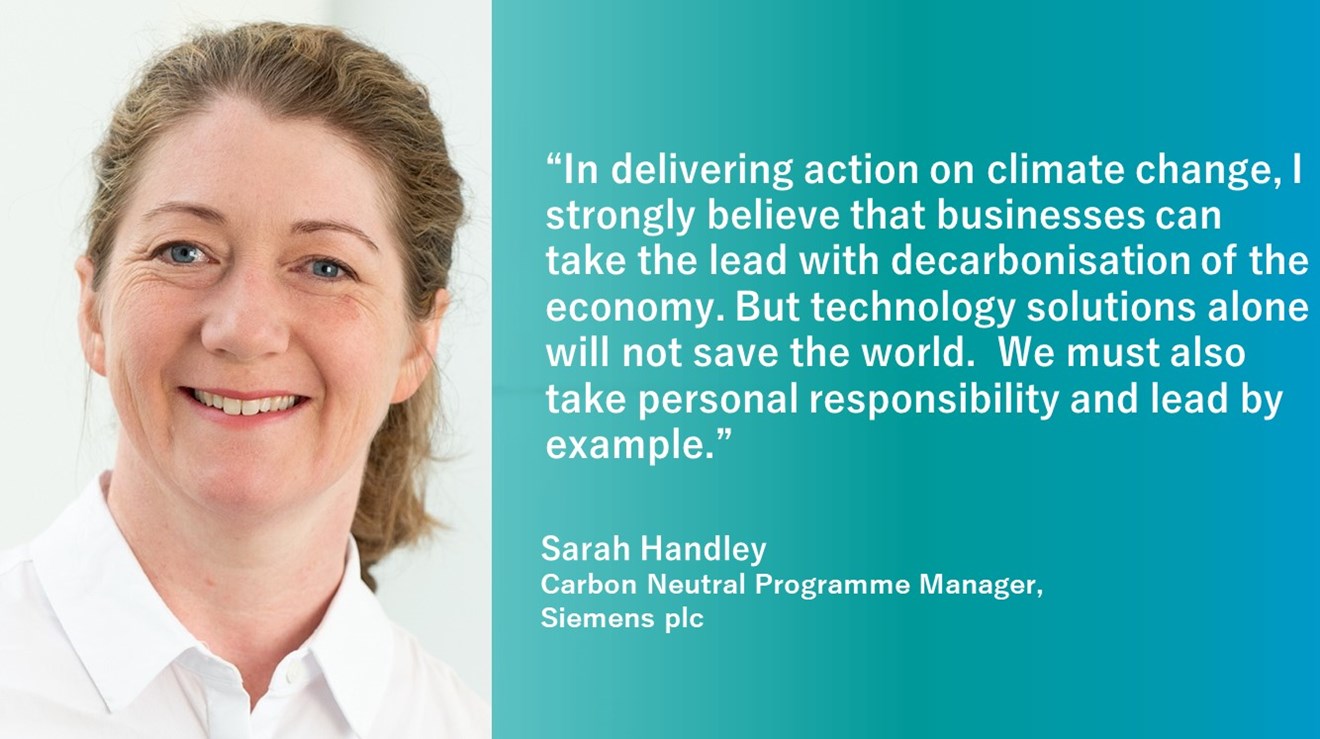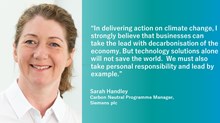I had a mixed reaction following the publication of the much anticipated IPCC report last week, which warns we only have 12 years to limit global warming to no more than 1.5 degrees Celsius above pre-industrial levels. As we move beyond 1.5 degrees, we will see sea levels rise, widespread food shortages and significant loss of coral reef - and this will just be the start [Carbon Brief Interactive website of climate impacts].
The conclusions of the report are a sobering read and it is difficult to retain an optimistic view that we can still make the changes required to halt global warming. As a sustainability professional it sometimes feels that you say the same message over and over about the need for change and it’s like shouting into a gale. It would be easy to give in to despair.
However, I note a subtle difference in the perception of climate change in the press as the stark conclusions of the IPCC report were made public. It seems we may have finally shaken off the need for futile debates with well-funded climate sceptic groups on the reality of rising global temperatures which have muddied the waters and held back progress.
I hope we can now focus the debate on the action required and not waste any more time on justification of global warming whilst being mindful of the new wave of attack that may be more dangerous – apathy. When all arguments for delaying action on climate change have been debunked, human laziness becomes the only excuse.
In delivering action on climate change I strongly believe that businesses can take the lead with decarbonisation of the economy. The UK Government’s Industrial Strategy published November 2017 established Clean Growth as one of four challenges to put the UK at the forefront of the industries of the future. We are seeing this challenge for clean growth supported by huge investment in innovation and support to market and this will be launched during Green GB week (15-19 Oct).
Every day I have reason to be proud that I work for Siemens when I see evidence of our constant drive for technological innovation which is part of our purpose delivering ’Ingenuity for life’.
As the UK Government launches its first Green GB Week, Siemens will focus each day on how we are supporting clean growth with examples of innovation including our Green Ammonia project, the roll out of electric charging technology and our new advanced adaptive traffic control systems to support reduction of emissions in our cities.
We welcome the focus on clean growth, but to enable businesses to lead there must be consistency from one Government to the next to support policies for energy, transport and infrastructure. The Government needs to listen to business to create the right environment for success, from the long-term policy commitment required for infrastructure investment in renewable energy, to getting the right tax regime for transitioning our company car fleet to electric vehicles. We also need to see consistency across UK policy if we are to make the drastic and long-term changes required to deliver on UK carbon targets.
But technology solutions alone will not save the world. We must also take personal responsibility and lead by example. It seems trite to say ’small changes will make the difference’ but it is true if we can achieve collective action.
My day job is to help Siemens make the necessary changes to reduce emissions from our operations and to encourage our employees to understand how they can contribute. We can start making changes in our homes and businesses by reducing consumption of energy and resources.
In the UK, energy has been relatively cheap and plentiful and we don’t pay for the harm it does to the planet. We can all make personal lifestyle changes for example, not taking that long-haul flight for our holiday, choosing to eat less meat, installing LED lights, using a smart meter at home or choosing an electric car ['Flexitarian' diet ].
We must make changes at all levels of society from global agreements, government policy to our personal response.
Against pessimism and apathy, I choose optimism and hope for the future.


